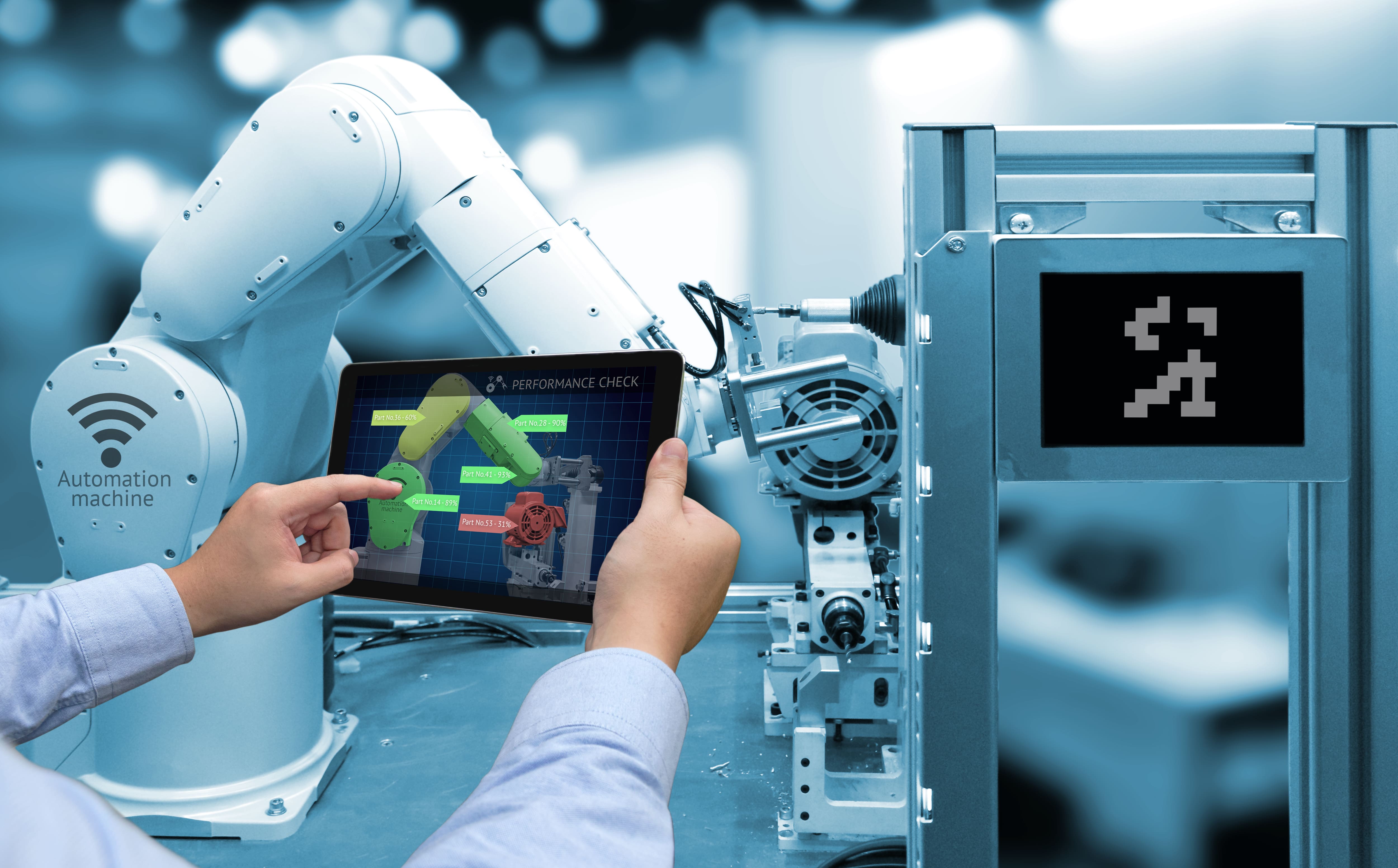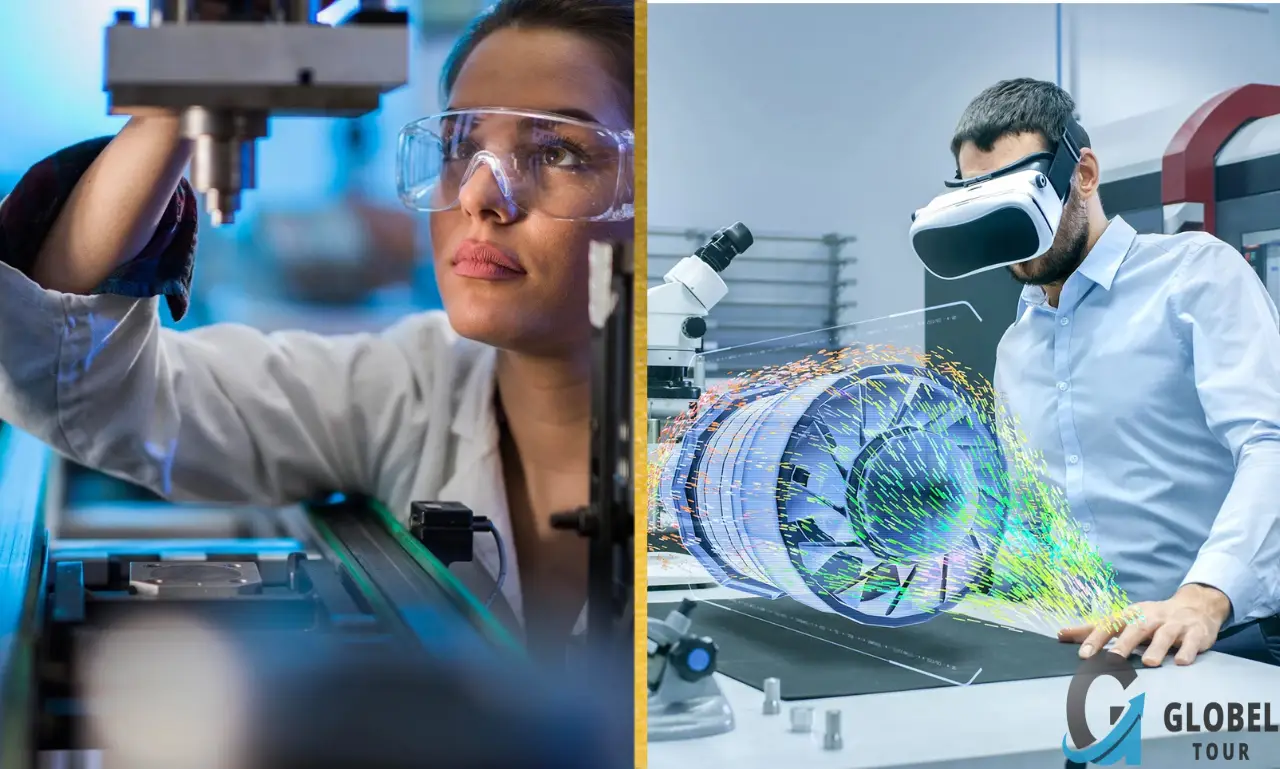A Quality Lab Tech plays a crucial role in many industries by ensuring that products meet the required safety, quality, and regulatory standards. Whether it’s pharmaceuticals, food and beverage, cosmetics, or manufacturing, the work of a Quality Lab Tech is indispensable in upholding the integrity of production processes. These professionals are the backbone of quality assurance in laboratories, helping prevent costly product failures, maintaining compliance with industry regulations, and ensuring the safety of consumers.
In this article, we will dive deep into the world of Quality Lab Technicians. We will explore what they do, the qualifications needed to succeed in the field, the skills required, the tools they use, and the industries where they work. Understanding the essential role of a Quality Lab Tech can help highlight their importance in both large corporations and smaller businesses where product quality is of paramount importance.

What is a Quality Lab Tech?
A Quality Lab Tech (or Quality Control Technician) is a professional responsible for performing various tests and analyses to ensure that raw materials, in-process products, and finished goods meet the required standards of quality, safety, and compliance. These technicians work in laboratories or production environments to test the functionality, purity, potency, or composition of products. Their role may vary slightly depending on the specific industry they work in, but the ultimate goal remains the same: to protect the consumer by ensuring the products released to the market meet the highest quality standards.
Key Responsibilities
The specific duties of a Quality Lab Tech can differ depending on the industry. However, common responsibilities across most sectors include:
- Conducting tests on raw materials and finished products: This could involve chemical, physical, or microbiological analysis, depending on the type of product being tested. In food manufacturing, for example, this could involve checking for contaminants or verifying nutritional information. In pharmaceuticals, it might involve checking the concentration of active ingredients or ensuring that no harmful bacteria are present in drug samples.
- Maintaining equipment and lab facilities: Regular maintenance and calibration of testing equipment is a significant part of the job. Lab technicians are responsible for ensuring that all instruments are functioning correctly and producing reliable results.
- Documentation and reporting: Accurate documentation of all testing procedures, results, and any deviations from quality standards is essential. These records are often used to generate reports for quality managers or regulatory bodies.
- Quality assurance and control: Technicians also monitor and report on the performance of production processes to ensure consistency and conformity with specifications.
- Problem-solving: When products fail to meet the necessary standards, Quality Lab Techs are often tasked with identifying the underlying causes, whether it’s an issue with the raw materials, machinery, or production processes.
Overall, the work of a Quality Lab Tech ensures that products are not only safe for consumers but also comply with strict industry regulations. This is especially critical in fields such as pharmaceuticals, food production, and medical device manufacturing, where the stakes are high.
The Essential Skills and Qualifications of a Quality Lab Tech
Key Skills Required for a Quality Lab Tech
To succeed as a Quality Lab Tech, certain technical and soft skills are essential. These skills are necessary to ensure that technicians can carry out their responsibilities effectively, collaborate with colleagues, and troubleshoot when problems arise.
Analytical and Problem-Solving Skills
A significant part of a Quality Lab Tech’s job involves analyzing test results and identifying problems when the results deviate from the standard. Whether it’s determining the cause of contamination in a food product or identifying discrepancies in a drug’s chemical composition, the ability to troubleshoot and find solutions is crucial.

Attention to Detail
Quality Lab Techs must be highly detail-oriented because even small errors in testing, recording, or interpreting results can lead to significant consequences. Accuracy is a key component in ensuring that products meet the required standards and safety regulations.
Technical Proficiency
Quality Lab Techs must be familiar with various types of laboratory equipment such as spectrometers, chromatographs, and pH meters. A strong understanding of the testing procedures and equipment used is essential to ensure accurate results and troubleshooting. Knowledge of Good Laboratory Practices (GLP) and Standard Operating Procedures (SOPs) is also critical for maintaining laboratory standards.
Communication Skills
Although much of a Quality Lab Tech’s work is carried out independently, communication is vital. They must communicate effectively with production teams, supervisors, and quality managers to relay test results, report issues, and discuss potential solutions. Writing clear and concise reports is an essential part of the job.
Organizational Skills
The role often requires handling multiple tasks or managing a large volume of samples. Organizing test schedules, keeping track of sample records, and ensuring proper documentation is key to running an efficient lab environment.
Educational Requirements
While a high school diploma may be sufficient for some entry-level positions, most Quality Lab Techs are required to have specialized education. A degree or certification in a relevant field is typically expected for most positions. Below are common educational qualifications for this career path:
- Associate’s Degree in biology, chemistry, or a related field is the most common starting point for Quality Lab Techs. This can be obtained at a community college and provides foundational knowledge in laboratory techniques and safety.
- A bachelor’s Degree is often required for more advanced positions or specialized industries such as pharmaceuticals or biotechnology. A degree in fields such as biochemistry, microbiology, or pharmaceutical sciences is highly valued.
- Certifications: Certifications from professional bodies, such as the American Society for Quality (ASQ) or the National Institute for Certification in Engineering Technologies (NICET), can enhance job prospects and demonstrate advanced knowledge of quality control processes.
Tools and Technologies Used by Quality Lab Techs
Laboratory Equipment and Tools
The tools and technologies that Quality Lab Tech use depend largely on the industry they work in. Regardless of the field, they rely heavily on specialized equipment to conduct tests and ensure product quality. Below are some common tools used across various sectors:
- Spectrometers: Used to analyze the chemical composition of materials by measuring light absorption. Spectrometers are often used in the pharmaceutical industry to verify the composition of drugs or chemicals.
- Chromatographs: These instruments separate mixtures into their components and are used in chemical analysis, particularly for identifying trace amounts of substances in food or pharmaceuticals.
- Microscopes: Used for examining biological samples or inspecting products for defects. In food production, they can be used to inspect the presence of foreign objects or microorganisms.
- pH Meters: Commonly used in food production, cosmetics, and pharmaceuticals to measure the acidity or alkalinity of products.
- Titrators: Employed in chemical analysis to determine the concentration of a solution by adding a reagent of known concentration.
- Incubators: Used in microbiological testing to culture bacteria or other microorganisms, helping to detect contamination in food or pharmaceutical products.
Data Analysis and Reporting Tools
In addition to laboratory equipment, Quality Lab Techs rely on various software tools to analyze test data and generate reports:
- Laboratory Information Management Systems (LIMS): A software platform that helps track samples, test results, and equipment. LIMS is crucial for maintaining organized records in a regulated environment.
- Statistical Software: Tools like Minitab or SAS allow Quality Lab Techs to perform statistical analyses on test results, identify trends, and ensure products meet quality standards.
- Enterprise Resource Planning (ERP) systems: In larger manufacturing environments, ERP systems help integrate quality control with production schedules, inventory, and procurement processes.
Safety Equipment
Safety is a top priority in laboratories, and Quality Lab Techs use various personal protective equipment (PPE) and safety tools to minimize the risk of exposure to harmful chemicals or microorganisms:
- Lab Coats, Gloves, and Goggles: Basic PPE to protect against exposure to hazardous materials.
- Fume Hoods: Used to safely vent hazardous fumes or gases during chemical testing or reactions.
- Spill Kits: Essential for cleaning up chemical spills quickly and safely.
Industries Employing Quality Lab Techs
Pharmaceuticals
The pharmaceutical industry is one of the largest employers of Quality Lab Techs. Lab technicians are responsible for testing raw materials, in-process samples, and final drug products to ensure they meet strict regulatory standards set by authorities like the FDA. Technicians may test the potency of medications, monitor microbial contamination, or assess stability over time.
Food and Beverage
In the food industry, Quality Lab Techs play a crucial role in ensuring that products are safe for consumption. This could involve testing for the presence of harmful bacteria such as E. coli or Salmonella, checking for allergens, verifying nutritional information, or conducting shelf-life studies. These technicians work with regulatory bodies like the FDA and the European Food Safety Authority (EFSA) to ensure compliance with food safety standards.
Cosmetics and Personal Care
Quality control is equally important in the cosmetic and personal care industry, where lab techs test the safety and efficacy of products. They may evaluate the chemical composition of skincare items, test for allergens or irritants, and ensure that cosmetic packaging is secure and durable. Lab Techs working in this field ensure compliance with regulations set by the FDA and Cosmetic Toiletry & Perfumery Association (CTPA).
Manufacturing and Electronics
In manufacturing, particularly in the electronics sector, Quality Lab Techs test the components of products such as smartphones, computers, and automotive parts. This can involve testing materials for durability, performance under stress, and safety standards. A failure in the quality control process could result in product recalls, financial loss, and damage to a company’s reputation.
Medical Devices and Healthcare
In the medical device industry, lab techs test products like diagnostic equipment, implants, or surgical tools to ensure they are safe and effective for patient use. Compliance with strict regulations such as ISO 13485 and the FDA’s 21 CFR Part 820 is essential, as these devices have direct implications for patient health and safety.
Career Outlook and Job Opportunities
The demand for Quality Lab Tech is expected to grow steadily in the coming years, driven by increasing regulations, consumer safety concerns, and the rise of quality assurance practices in various sectors. The healthcare, food, and pharmaceutical industries are anticipated to see the most significant growth in the number of lab tech jobs, but opportunities also exist in manufacturing and electronics.
Salary Expectations
The average salary for a Quality Lab Tech varies by industry, location, and experience, but generally, it falls within the range of $40,000 to $60,000 annually in the United States. Those with specialized skills or who work in high-demand fields like pharmaceuticals or medical devices can earn higher salaries. Additionally, many employers offer benefits like health insurance, retirement plans, and opportunities for further training and certification.

Conclusion: The Value of Quality Lab Technicians
The role of a Quality Lab Tech is indispensable across various industries. They ensure that the products we consume, wear, or use in healthcare meet the required standards of safety and effectiveness. From pharmaceuticals to food production, cosmetics, and manufacturing, their expertise helps protect public health and supports the global economy. As industries continue to evolve and regulations become more stringent, the demand for skilled Quality Lab Techs will only grow, highlighting the increasing importance of their role in ensuring product excellence and consumer safety.




